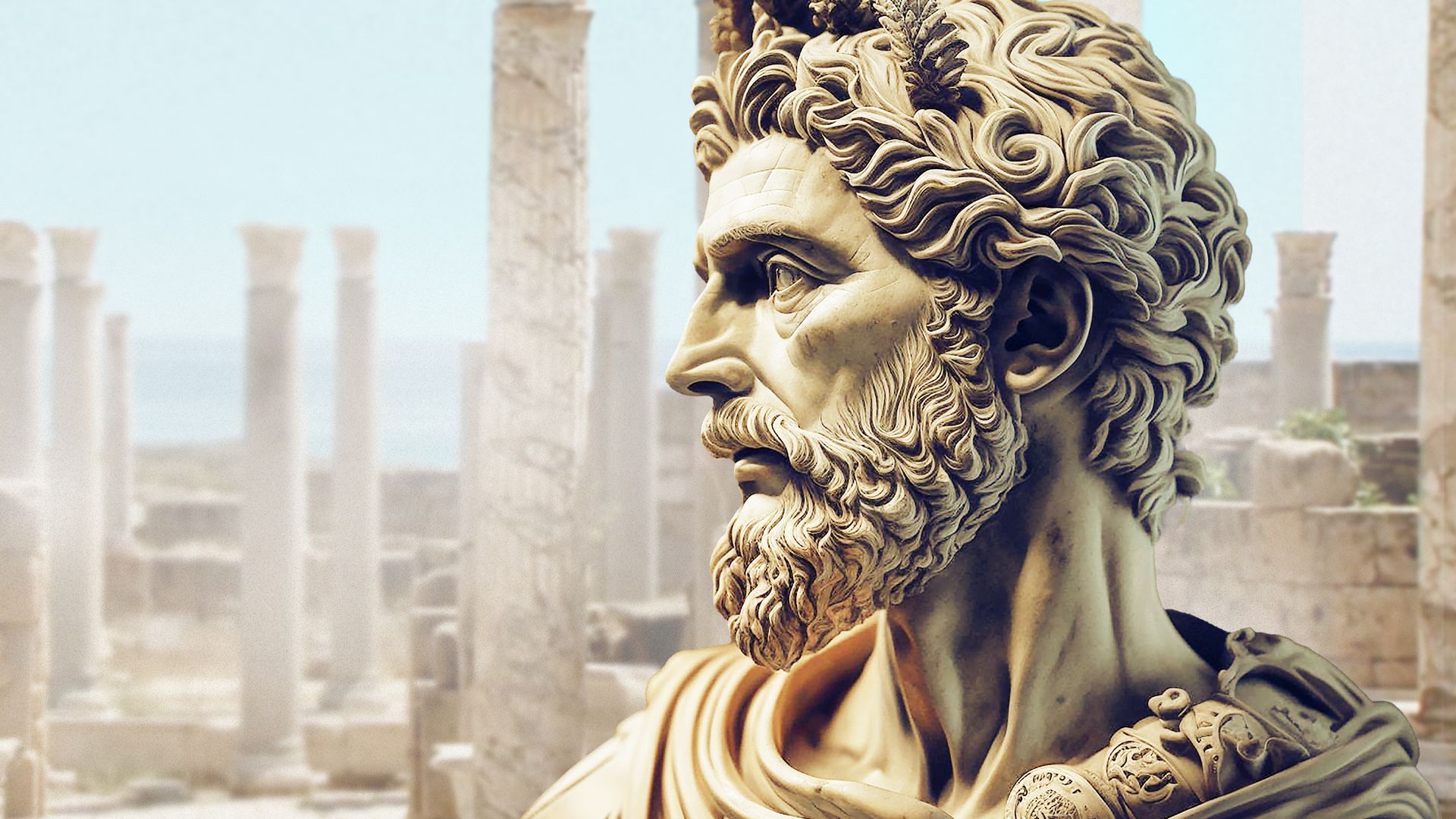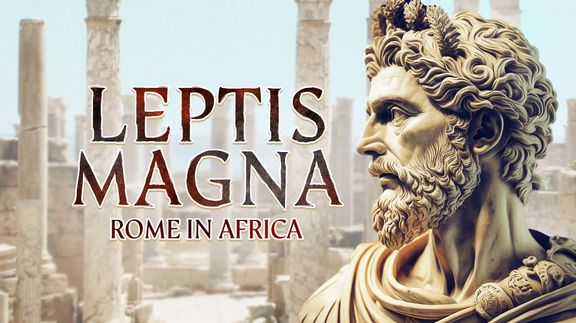

Leptis Magna: Rome in Africa
The archaeological ruins in Lybia, mainly Roman, are truly exceptional because of their size and preservation. Beyond its archaeological dimensions, Leptis Magna symbolizes the myth of Rome more than any other site. Similar to the American myth, Septime Sèvère the African showed that every citizen of Rome could become Emperor and develop the civilization even in the desert.
The archaeological ruins in Lybia, mainly Roman, are truly exceptional because of their size and preservation. Beyond its archaeological dimensions, Leptis Magna symbolizes the myth of Rome more than any other site. Similar to the American myth, Septime Sèvère the African showed that every citizen of Rome could become Emperor and develop the civilization even in the desert.
Related Articles
View AllHazardous Duty: How Roman Emperors Met Their Fates
Over the course of more than 500 years, fewer than 80 men gained absolute power as rulers of the Roman Empire. The reign of some lasted decades, while others held on to authority…
5 Facts about Roman General Tiberius Julius Alexander
History is filled with intriguing mixtures of fate and fortune. Meet Tiberius Julius Alexander, a Jewish soldier from Africa who rose to the rank of general in the Roman Army.
Septimius Severus: The First North African to Rule Rome
Rising from the bloody conflicts of imperial Rome, Septimius Severus became its first emperor of African origin. He bestowed many gifts on his North African homeland, and his…
Nero’s Revenge: Rethinking Rome’s Most Depraved Emperor
Known for “fiddling” while Rome was in flames, Nero is the model for depraved autocrats. Sifting through the lurid details, historians now depict a more complex man. He was…
Crossing the Rubicon: Brutal Role Models Influenced Julius Caesar’s Rise to Power
When Julius Caesar crossed the Rubicon in 49 BCE, the fate of the Roman Republic had already been sealed. Rome’s representative government had been crumbling for decades. And…
Sex and Violence in Rome: Caligula’s Empire and the Salacious Rumors that Built It
Caligula was Rome’s third emperor, and the first to be assassinated. While the start of his reign was full of promise, he soon lost support as he became increasingly erratic,…
The Fall of Greece and the Rise of Rome: The Role of Pyrrhus and His “Pyrrhic Victories”
The Hellenistic period (323 to 30 BCE) following Alexander the Great saw the decline of Greece and the rise of Rome to imperial dominance. The “pyrrhic victories” of Pyrrhus of…
Endangered African Forests Fuel Climate Change
Our planet’s long-term health depends on moderating natural and human-made processes that lead to global warming and habitat destruction. Deforestation in Africa and elsewhere…